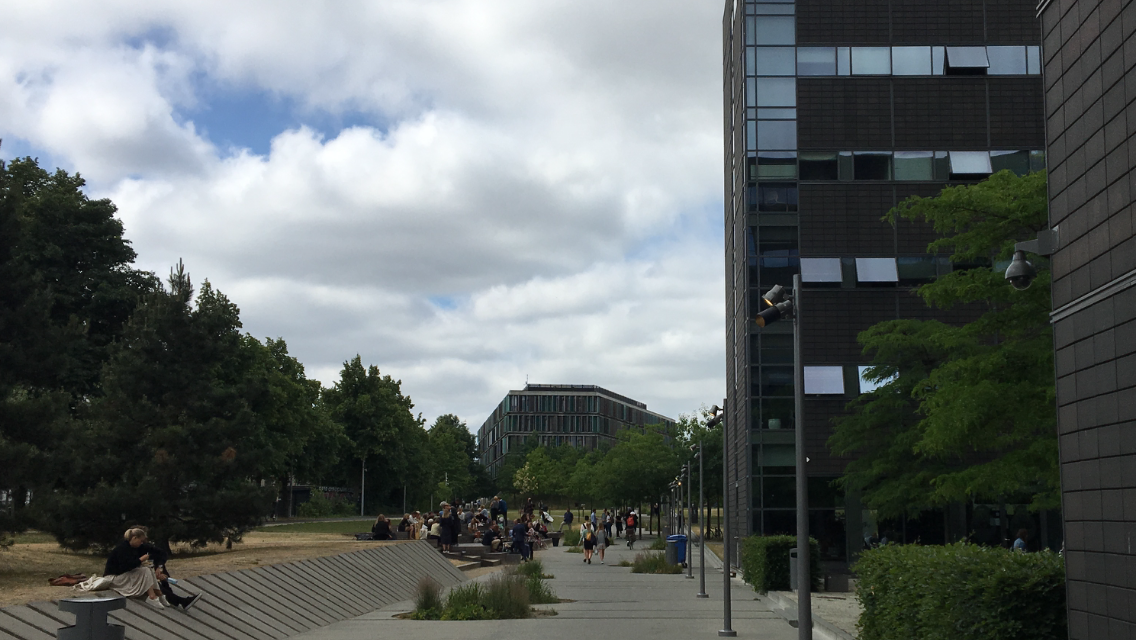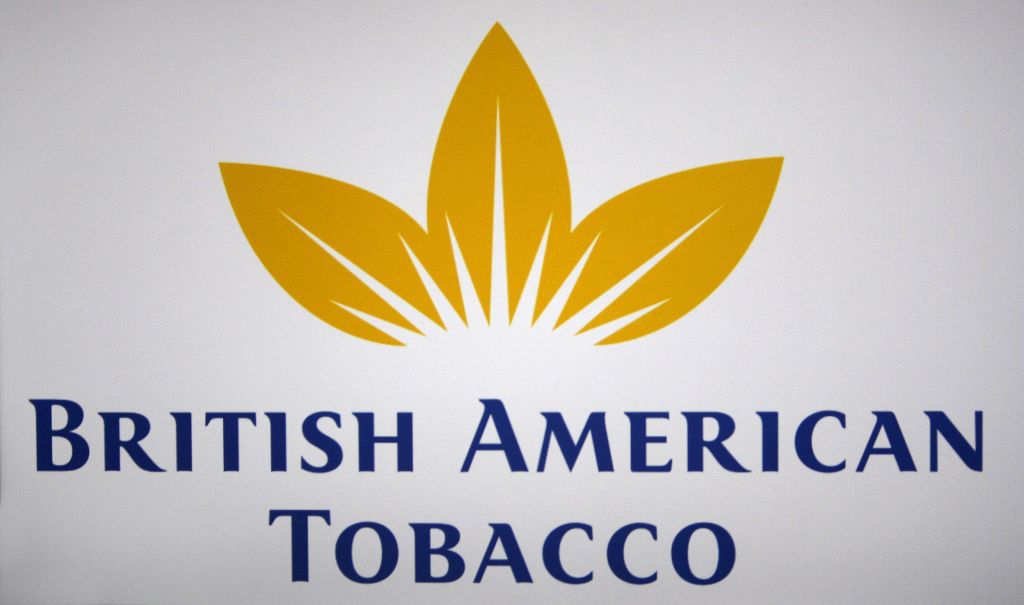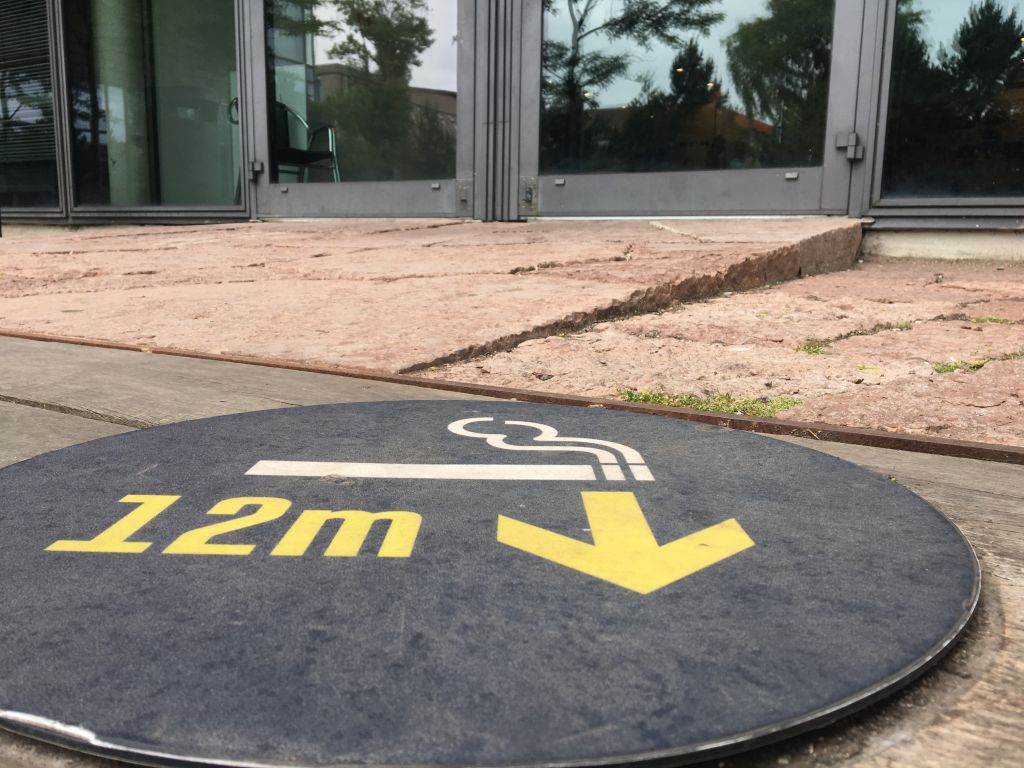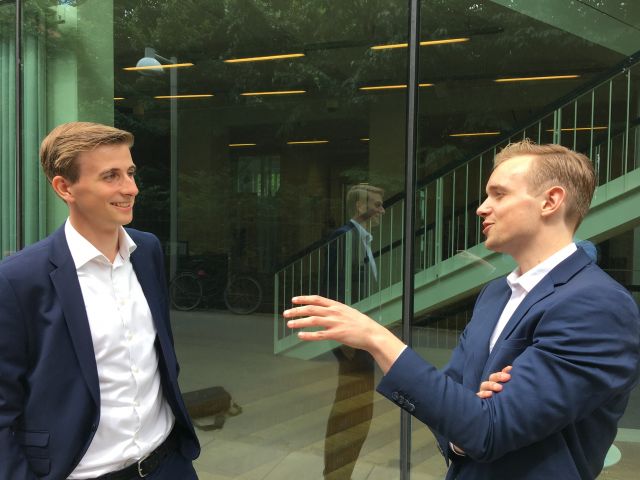CBS wants to turn down the tobacco industry

(Photo: Mette Koors)
The Senior Management at CBS recommends a policy where CBS does not accept any kind of funding directly from tobacco companies. If the policy is decided on, it may result in a stop of the sale of tobacco on CBS’ campus. But that is up for discussion. The Senior Management will make the final decision in the Autumn, and it can potentially make CBS a frontrunner among other Danish universities.
In September, the Senior Management will make the final decision on whether CBS is going to have “a policy of not accepting any kind of funding directly from tobacco companies.”
The recommendation for having a policy such as this is based on a memo written by Professor Andreas Rasche from the Department of Management, Society and Communication at CBS.
“In December 2017, the Senior Management decided that the tobacco industry could no longer sign partnership agreements with CBS. At the same time, the Senior Management asked that a memo on collaborations with the tobacco industry be made. This memo has been completed and is going to be discussed at the Academic Council, among others,” says Louise Seest, Director of CBS Business.

(Photo: Shutterstock)
Furthermore, in the agenda for the meeting at the Academic Council on the 28th of May, the Senior Management recommended that “student activities should be included as a principle of the policy – and consequently, the sale of tobacco on CBS’ campus must stop.” However, the discussion about the policy on funding and sales of tobacco has been postponed until the next meeting in September.
In relation to the potential CBS policy change, Sebastian Toft Bringstrup, Vice-President of CBS Students, says:
“In CBS Students we develop our own policies independently from CBS. We are, at the same time, not directly subject to the policies of CBS being an independent student union. Our board is at the moment establishing a principle policy on the sale of tobacco, which we will follow going forward,” he writes in an email.
Lastly, the agenda points to what is going to happen if a policy is decided on.
“If approved by the Academic Council, CBS’ Partnership Council will be asked to draw up an official policy based on clear principles for collaboration with the tobacco industry,” states the agenda.
None of the Danish universities have a policy
In the memo, Professor Andreas Rasche writes that “so far, no other Danish university seems to have an explicit policy that regulates relationships with the tobacco industry. This lack of policies are likely to exist because relevant institutions have no explicit links to tobacco firms at the moment, and hence, they feel no need to reflect on this issue,” he writes and continues:
“Thus, CBS could be recognized as a frontrunner if it decides to adopt a clear position against accepting research funding/sponsorships from the tobacco industry.”
CBS had, until the beginning of 2018, a partnership agreement with British American Tobacco, who had an auditorium at Solbjerg Plads named after them.
“CBS is continuously evaluating all of our partnerships. Now, CBS has decided that we don’t want to collaborate with the tobacco industry, and that includes British American Tobacco,” says Louise Seest and points to the principles of the UN Global Compact, which states that companies that are gaining revenue from the sale or manufacturing of tobacco-related products cannot enter the initiative.
Don’t encourage young people to smoke
If CBS proposes an explicit policy, the university would, according to Professor Andreas Rasche’s memo, join a long list of universities that are refraining from accepting research money/donations from the tobacco industry. These universities include Harvard University, University of California, University of Hong Kong, University of Toronto, University of Alberta and John Hopkins University,
Andreas Rasche also points out that CBS has a responsibility to not encourage young people to smoke, which is why advertising from tobacco firms should be forbidden.
“Because CBS is an institution in which primarily young people are getting their education, it is even more important not to expose these people to advertisements by tobacco firms (be it direct or indirect). Such advertising could encourage them to adopt a highly addictive behavior.”
Right now, smoking is only allowed outside of CBS, however, CBS is not ready to forbid smoking on their outdoor premises.
“CBS is, like most of the workplaces in Denmark, smoke-free. We don’t have smoking cubicles indoors but point to areas that are outside and at an appropriate distance from the buildings to avoid passive smoking,” says Louise Seest.

Did you know that you have to move away 12 meters from CBS’ buildings if you want to have a smoke? (Photo: Mette Koors)

































































































































I’ve been disturbed by the BAT auditorium since the beginning of my studies! Direct links to such companies hinder CBS’ capacity to teach students to remain critical of the private sector. Glad things are changing!